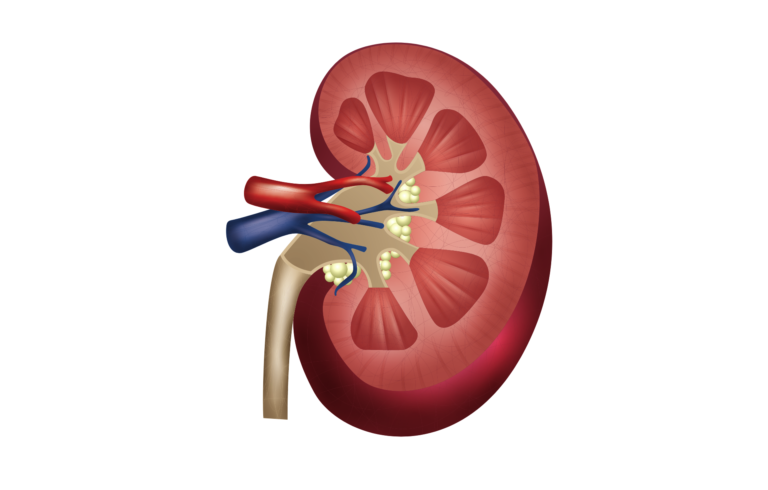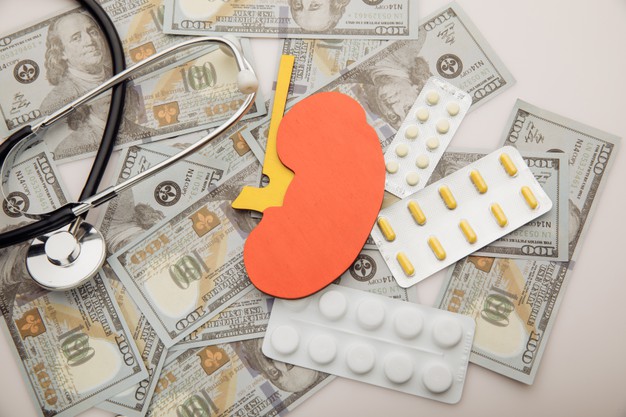Description: Urinary incontinence is the involuntary loss of urine when the muscles in the bladder that control the flow of urine contract and relax involuntarily resulting in leaks or uncontrolled urine. UI is a common condition most often occurring in women as they have a shorter urethra than men and any damage to the urethra could cause urinary incontinence.The stigma surrounding it does not allow one to speak much about it as they feel humiliated to seek help. Urinary incontinence can be corrected with medical or alternative interventions as it is not considered as a disease but a condition which can be treated so as to reduce the risk of urinary incontinence episodes as well as avoid accidental leaks.
A modified diet for a person having urinary incontinence can often find relief with the irritating symptoms. Urologists usually say that the food that we eat is the main cause for problems in the urinary system. You should remember to avoid things that irritate your bladder by regulating the quantity of fluid intake, increasing the intake of dietary fiber, which in turn will improve your symptoms for urinary incontinence. Let us now find out in detail about the do’s and dont’s of this condition through diet.
Foods to avoid for Urinary Incontinence
- Alcohol
- Spicy foods
- Milk and milk products
- Sugar and honey
- Carbonated beverages
- Citrus fruits and juices
- Artificial sweetener
- Caffeinated beverages and foods
The above-mentioned food and drinks have the tendency to collect in the bladder causing irritation resulting in bladder muscle spasms that create the sudden urge to urinate, thereby increasing the frequency of urination. Since each person reacts differently to different foods, like one person may be allergic to coffee while another may not like having a comfort level with dairy products, the reason why doctors suggest keeping the food journal so that you can check on all the foods that affect you the most.
Certain beverages are known to cause repeated trips to the washroom, like moderate amounts of alcohol, coffee, tea or soda as they increase the quantity of urine in the bladder which leads to urinary incontinence. Caffeine is one drink that affects more than half the people over the age of 60 years if they consume 300 mg of coffee per day.
Chemicals found in cigarettes have been known to irritate the bladder and also increase the risk of bladder cancer. Study has shown that smoking causes coughing spasms that can increase urinary incontinence. Therefore, quitting smoking is best known for a healthy bladder as smokers are at a higher level of getting bladder cancer.
Remember that constipation can cause or increase the condition of urinary incontinence, therefore ensure that you are getting enough fiber by consuming the following foods –
1). Non-citrus fruits
2). Grains
3). Legumes
4). Vegetables
The above mentioned also need to be continued through a trial and error method, or try the elimination process for certain fluids. Some urologists also suggest that you start off with a bland diet and then slowly add things. The juices that are not irritating to the urinary bladder are apple, grape, cherry and cranberry as they tend to make urine more acidic, prevent the spread of bacteria and also control urine odour.
Drinking plenty of water is another option so as to keep your body well hydrated, a good enough quantity being 8 glasses of fluid per day as drinking less liquid is indicative of concentrated urine resulting in an irritative bladder or urinary incontinence. Also do not over do liquids as that can build pressure on your bladder making things worse. Also cutting off on fluids before bedtime can help in the conditions of UI.
Urinary incontinence can be treated by giving medications as well as changing your lifestyle.
Practicing mindfulness meditation reduces the frequency of urinary incontinence. Ensure that urinary incontinence does not keep you indoors always, as with the right management tips and tricks for UI, you can have some outdoor fun activities too. Meet a urologist to get the right advice for urinary incontinence at The Urology Hospital, Bangalore.



